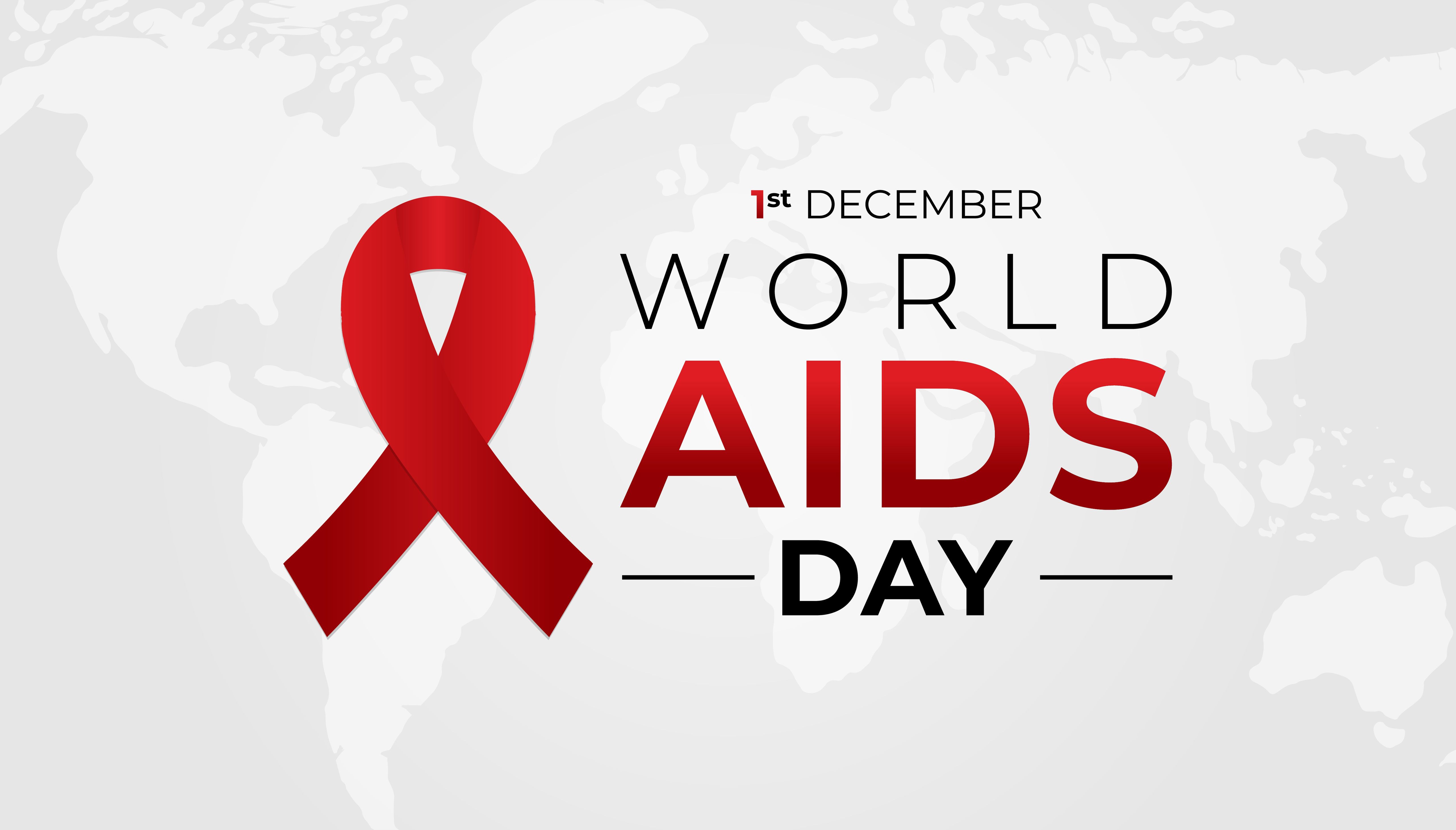
HIV
Latest News

A conversation about improving PrEP uptake in New York City with Emma Kaplan-Lewis, M.D., clinical quality director for HIV, hepatitis and sexual health services at NYC Health + Hospitals
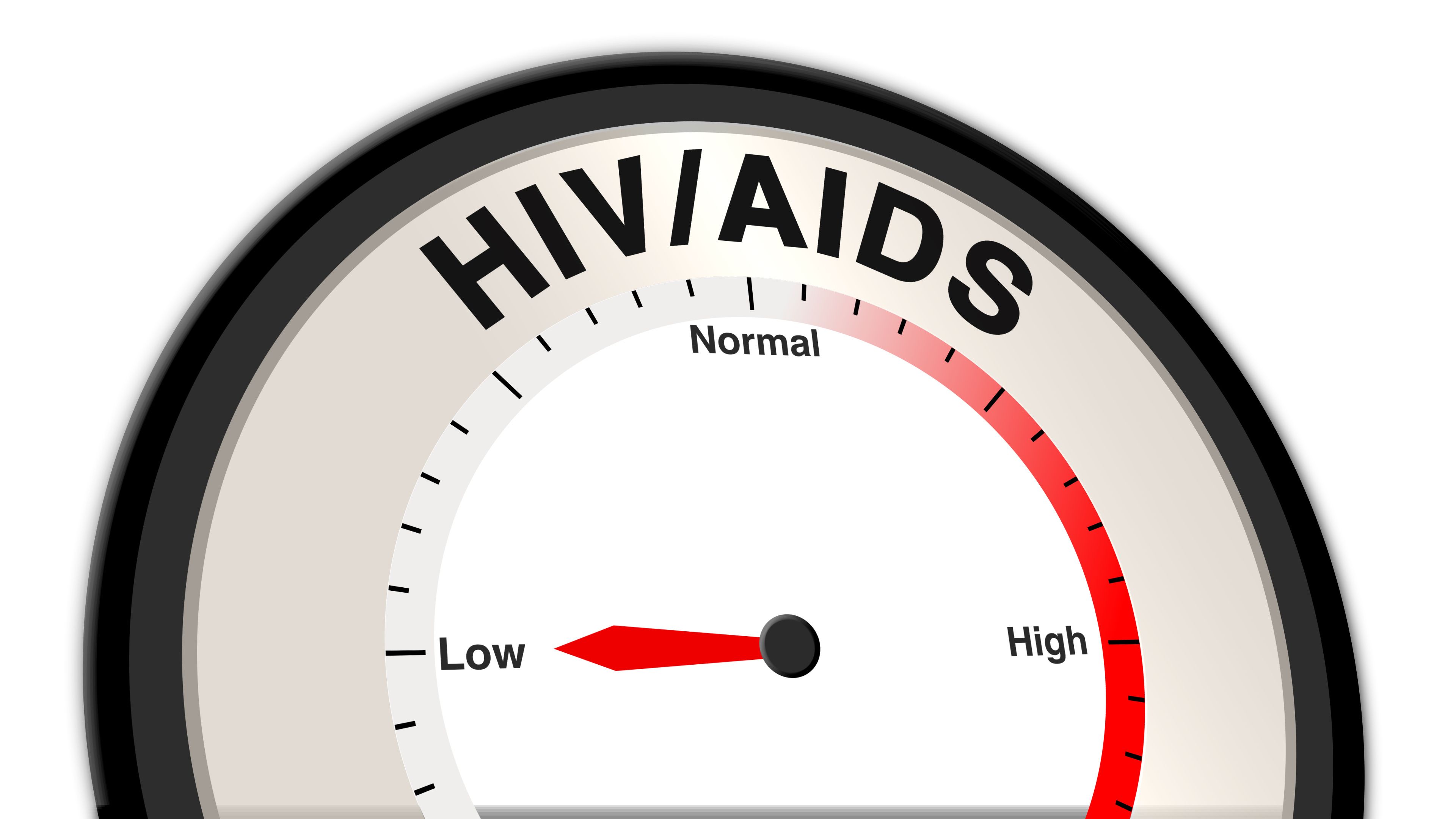
Nearly all Ryan White HIV/AIDS Program patients virally suppressed in 2024
Latest Videos

CME Content
More News

Nicotine dependency is a worldwide health threat, especially for HIV patients, who are more likely to smoke and to have health complications than healthy patients.
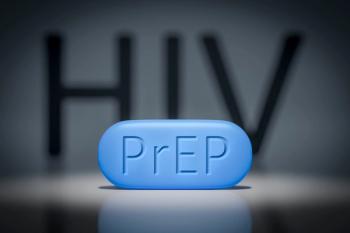
Medicaid expansion increased overall PrEP access in the U.S., but significant racial, gender and structural disparities persist, limiting equitable HIV prevention despite rising national uptake.

The investigational lenacapavir-bictegravir tablet has the potential to reduce the pill burden of HIV treatment, according to a recent news release.

In a historical public health move, the Maldives has eliminated mother-to-child HIV, syphilis and hepatitis B, which are collectively responsible for millions of deaths annually across the globe.

More than 60 abstracts will be presented from the ViiV portfolio, including updates from the phase 1 crossover study, the first comparing the acceptability and tolerability of long acting cabotegravir and lenacapavir injections after a single dose.

Older adults living with HIV face higher rates of opioid prescribing and opioid use disorder than their HIV-negative peers, according to new research from Rutgers University.
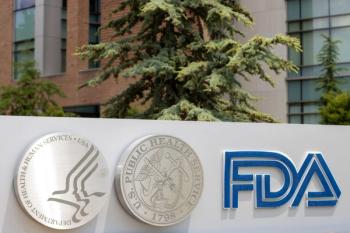
Advances in HIV medication, its window of detection and its transmission risk within the last decade have led to an updated version of the HIV exposure protocol for healthcare personnel.
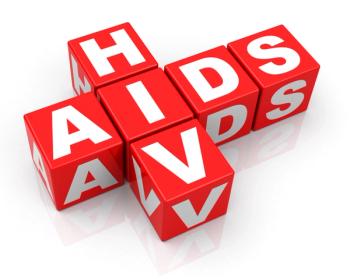
A decline in PrEP coverage could reverse HIV prevention gains, causing tens of thousands of preventable infections and billions in added healthcare costs, a new JAMA Network Open study finds.

Ongoing research is needed to further explore the best methods for anal cancer detection in people living with HIV, according to a recent review.

For someone with HIV, a mental health disorder may decrease their life expectancy by as many as five years, according to the results of a recent international study.

Sexual and gender minority individuals still face insurance denials and cost-sharing barriers when accessing pre-exposure prophylaxis (PrEP), despite having a Grade A recommendation from the United States Preventive Services Task Force (USPSTF).

HIV-fighting antibodies produced in infant macaques in a preclinical trial could be the future of HIV prevention in humans, according to Amir Ardeshir, Ph.D., DVM, Associate Professor of Microbiology and Immunology at Tulane University.

Jeremiah Johnson, executive director of PrEP4All, an organization committed to HIV prevention and care, talks about the importance of preexposure anaphylaxis and why he’s hesitant to jump on the Lenacapavir breakthrough bandwagon.

In this interview, Sarah Morris, chief product officer of Audere, explains why they chose to focus on women and young girls and how they have tailored their program to reach them.
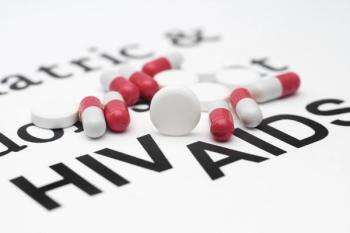
If approved, doravirine/islatravir would be the first two-drug HIV treatment regimen without an integrase inhibitor, according to the Merck news release.
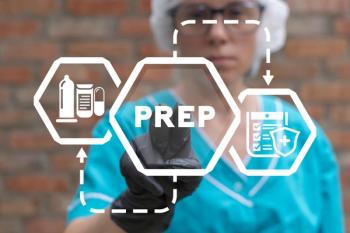
Experts and advocates say that twice-a-year HIV PrEP injections have the prevention potential of a vaccine — and that a once-a-year version of lenacapavir would be even better. But will Yeztugo be available to the people who would benefit most from HIV PrEP?
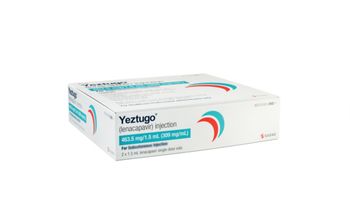
More than 99% effective at preventing HIV in trials, Yeztugo (lenacapavir) is now the first and only twice-yearly option for pre-exposure prophylaxis (PrEP).
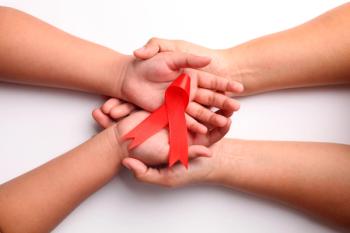
A new study found that implementing a specialty pharmacy program at St. Jude Children’s Research Hospital helped more young HIV patients achieve medication adherence and undetectable viral loads.

Although some HIV programs will remain, the proposed cuts in the fiscal year 2026 budget are too severe and will hinder HIV care and research in the United States, according to Carl Schmid, executive director of the HIV+Hepatitis Policy Institute in Washington, D.C.

The results feed into an effort to identify to monoclonal antibody combinations that would prevent and possibly treat HIV infections.

Almost half (48%) of HIV patients sometimes feel unheard by their healthcare providers, which highlights a need for increased disease awareness, according to the early results of a new ViiV Healthcare survey.

There are several ways to address HIV in homeless populations, with the most promising being the low barrier care model, according to Julie Dombrowski, M.D., M.P.H., professor of medicine at the University of Washington and director of HIV treatment initiatives at the King County, Seattle public health department.

Homelessness and HIV share common risk factors, according to Julie Dombrowski, M.D., M.P.H., professor of medicine at the University of Washington and director of HIV treatment initiatives at the King County, Seattle public health department.

Previously used to treat HIV and Hepatitis B, nucleoside reverse transcriptase inhibitors (NRTIs) reduced the risk of Alzheimer’s disease by an average of 9% every year, according to new research published in Alzheimer’s and Dementia.
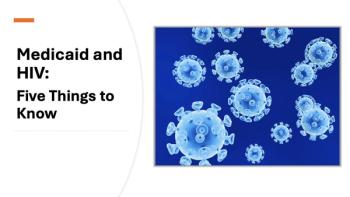
Medicaid is the main healthcare coverage for people living with HIV in the United States, according to data compiled by KFF.



